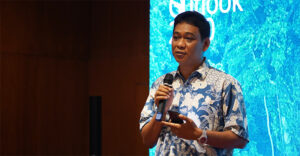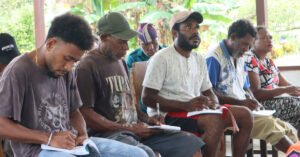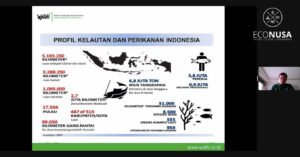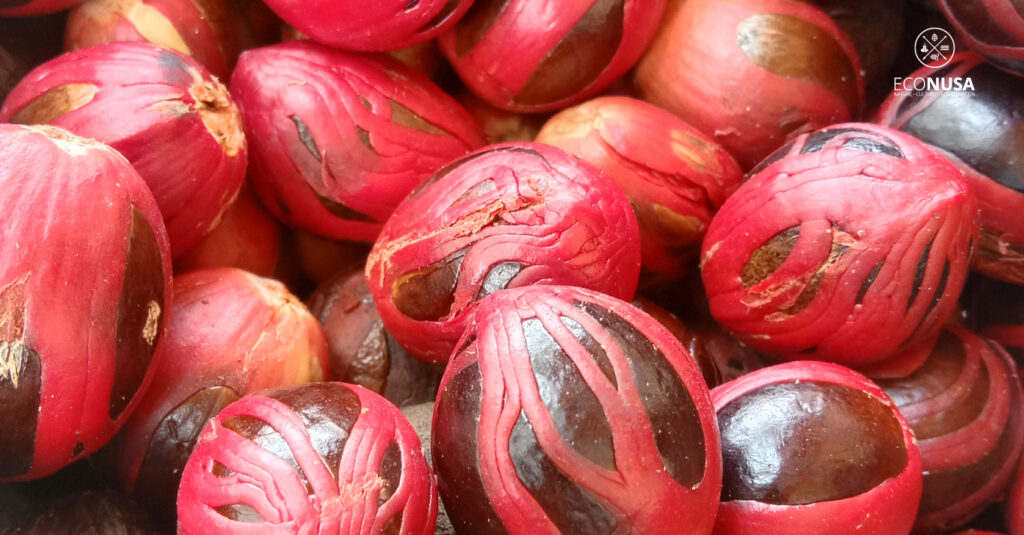
Eastern Indonesia, particularly Papua and Maluku, boasts abundant natural wealth. Papua is renowned for its dense forests and rich mining potential, including copper, gold, and natural gas, as well as its fertile coastal ecosystems with mangroves and coral reefs. Maluku, with much of its area consisting of ocean, lies at the heart of the Coral Triangle and is teeming with fish resources, mangrove ecosystems, seagrass beds, and coral reefs.
In the past decade, development in Papua and Maluku has centered on expanding the extractive economy for export, as highlighted in the national medium-term development plans (RPJMN) for 2015-2019 and 2020-2024. The government has enacted pro-investment regulations, constructed infrastructure, and provided incentives to attract both domestic and foreign investments. This is evident from the increasing investments in the mining sector, particularly in the booming nickel processing industry driven by the demand for electric vehicle batteries.
However, there has been limited focus on development that directly enhances the well-being of local communities. Projects aimed at developing the Indigenous Territories of Domberay and Laa Pago in Papua, which should directly benefit the communities, have received less attention compared to large-scale infrastructure and industrial projects. Much of the existing infrastructure development benefits large businesses rather than local indigenous communities.
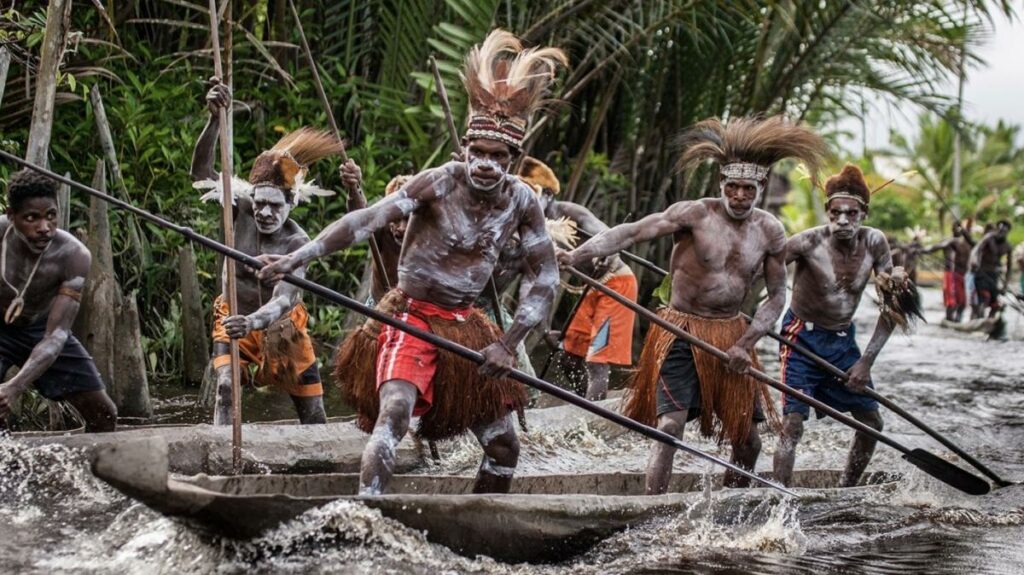
Data indicates that economic growth driven by the mining sector has not translated into improved welfare for local residents. North Maluku Province recorded high economic growth in 2022, yet unemployment rates remain high, and issues of poverty and child malnutrition persist. In Papua, despite the mining sector’s dominance in the economy, high poverty levels and low Human Development Index (HDI) scores remain critical issues.
Moreover, violent conflicts in Papua continue and cannot be simply resolved through the extension of special autonomy or the creation of new provinces. The government needs to adopt approaches that align with local socio-cultural conditions and ensure transparent oversight of special autonomy funds.
Meanwhile, efforts by Civil Society Organizations (CSOs) in supporting communities and advocating for policy changes are often not significantly acknowledged by the government.
Future development agendas in Papua and Maluku include community empowerment, environmental protection, management of special autonomy funds, support for new autonomous regions, island cluster-based development in Maluku, and peaceful conflict resolution. (External Review: Reconsidering Eastern Indonesia: Current Situation in Papua and Maluku).
With a development focus that prioritizes local communities and sustainable policies, it is hoped that Papua and Maluku can overcome socio-economic challenges and fully capitalize on their natural wealth.


